First published in 1926, today’s Translation Tuesday features an excerpt from the long poem “Galileo,” first collected in Ukrainian poet Yevhen Pluzhnyk’s debut collection. Oscillating between the epic ambition of its length—running to more than twenty pages in its original publication—and the persona’s declaration of his own smallness (“I am quiet as grass, even quieter still”), this poem reads like an inverse of the Whitmanian celebration of the self even as it maintains its own brand of fierce solitude. Hear translator Oksana Rosenblum contextualise this poem that was written almost a century ago now: on Pluzhnyk’s proto-Existentialist spirit and the strange parallel journey the writer took when compared to his titular figure.
“Yevhen Pluzhnyk’s poem ‘Galileo’ was published in 1926 as part of his poetry collection Dni (Days). The debut collection of the 28-year-old Ukrainian poet made a strong impression on Ukrainian literary circles. Pluzhnyk became instantly recognized as one of the most original poets of Ukrainian literature in the 1920s–30s, for the laconism and emotional strength of his poetry. The narrator assumes the persona of a fragile, traumatized person who went through the horrors of the Civil War—hunger, everyday survival, joblessness, and more broadly, a sense of not being understood or welcomed in a society ruled by the values of the NEP (New Economic Policy) adopted by the Soviet Union in 1921. In a way, he is that person, since he witnessed all of it: the upheaval of the Revolution, the trauma of the Civil War, life-long struggle with tuberculosis, and poverty. Even though the poem was written in 1926, before the appearance of Existentialism as a philosophical movement, there is an overwhelming sense of the narrator’s involvement with the kind of questions that an existentialist writer would ask: is there any meaning to life beyond what we assign to it? Why do some people always come to the top of the hierarchy, why do others suffer unspeakable pain and hardships?
Yevhen Pluzhnyk, a poet whose life was filled with personal and social hardships and was eventually cut short by the terror and purges of the 1930s, somewhat enigmatically entitled his poem Galileo. The title remains a mystery. We know that Galileo Galilei was forced to recant his views in front of the Inquisition. Pluzhnyk never addresses this fact in his poem; moreover, he mentions Galileo only in the very last stanza. Tragically, Pluzhnyk’s fate ran in parallel to Galileo’s: in 1935, he will have to recant his own views when accused of Ukrainian nationalism and terrorism. He would die of tuberculosis on Solovetsky Islands, thousands of miles away from his beloved Ukraine.”
—Oksana Rosenblum
Galileo
Dedicated to Marusia Yurkova
Limitless spaces, familiar orbits
Still do not exhaust Earth’s purpose.
It rains again, and I struggle with doubts;
It’s autumn.
As I walk by coffee shops, in my worn-out boots—
By the warm lights, people and daily affairs,
Suddenly, I feel so quiet inside:
Life or death, who cares?
Oh, autumn!
It always wears me out,
My heart is like a small tired stone . . .
Those days, wasted in a grey typhoid barrack,
And the black spots, ravens, and I am alone.
Listen up, you, competent people!
You,
Whose jaws look like big ugly claws!
I am quiet as grass, even quieter still,
I am so easily unnoticed.
Those who have strong nerves, they
Do not need to listen to my nonsense.
But for me, someone who starves every day,
Now’s my only chance to be open.
Maybe I am a Philistine, saddened
by the absence of a warm winter coat.
Or perhaps I come from a land,
Where people die over and over.
Can I share one thought with you?
Being honest is not easy.
Under morbid rain, every day and night
I stand on the corner and howl. READ MORE…


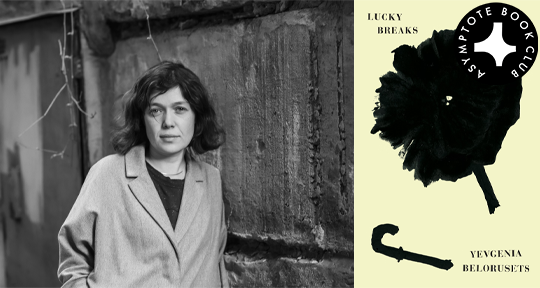
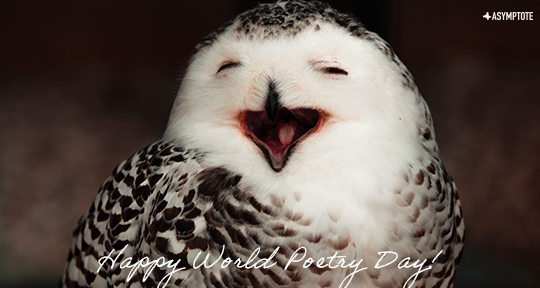


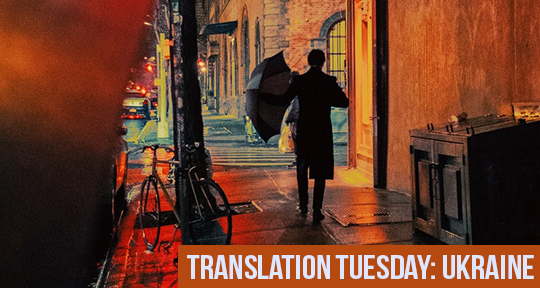

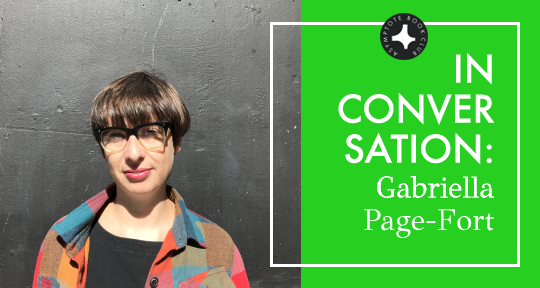

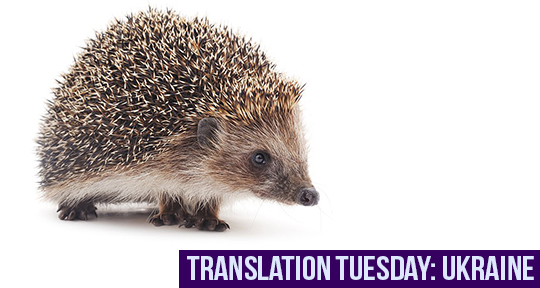
We Stand With Ukraine: “The Ghost of Kyiv” by B. R. Dionysius
Through his phone’s / cracked canopy he plays you a black streak / over Kyiv
In this week’s edition of literary works written in support and solidarity with the citizens of Ukraine, we are proud to present a poem by B. R. Dionysius. “The Ghost of Kyiv” movingly comments on the distancing voyeurism of watching tragedy unfold from afar, and of wide-ranging human affairs condensed into byte-sized consumption. As we continue to navigate the ever-shifting boundaries between the virtual and the real, Dionysius’ poem works between man and machine, its precise lines edging out the bodies caught within them.
The Ghost of Kyiv
Your son shows you a Tik Tok clip;
You both play Russian computer games.
Simulators that glorify World War Two/
mid-century armour & the cold war era
where each new development increased
penetration; rounds that defeated steel’s
stubborn thickness. You watch your son
take to the skies over maps of Ukraine.
1941. Get shot down a lot. The next best
thing to flying solo. Through his phone’s
cracked canopy he plays you a black streak
over Kyiv; a medieval, barbed arrowhead
punching through the sky’s grey cuirass. For
fifty years the fulcrum has been idle; three up
-grades, engines, radar, missiles, but never seen
combat. Seventies bones good enough to mix
it over the capital with its modern successors,
flankers & frogfeet; a retro jet where the ghost
got good purchase from his re-engineered multi-
role fighter. The first ace in a day in fifty years.
Not since Alam’s F-86 sabre rattled in the Indo-
Pakistani war has the aerial world revelled in six
kills in one day. Your son doesn’t bother to fact
check the video, sold on social media’s bravado;
a pilot’s last stand. He tells you the ghost was shot
down, but ejected. His short clip trimmed to fit.
READ MORE…
Contributor:- B. R. Dionysius
; Place: - Ukraine
; Writer: - B. R. Dionysius
; Tags: - machinery
, - Poetry
, - social commentary
, - social media
, - voyeurism
, - War